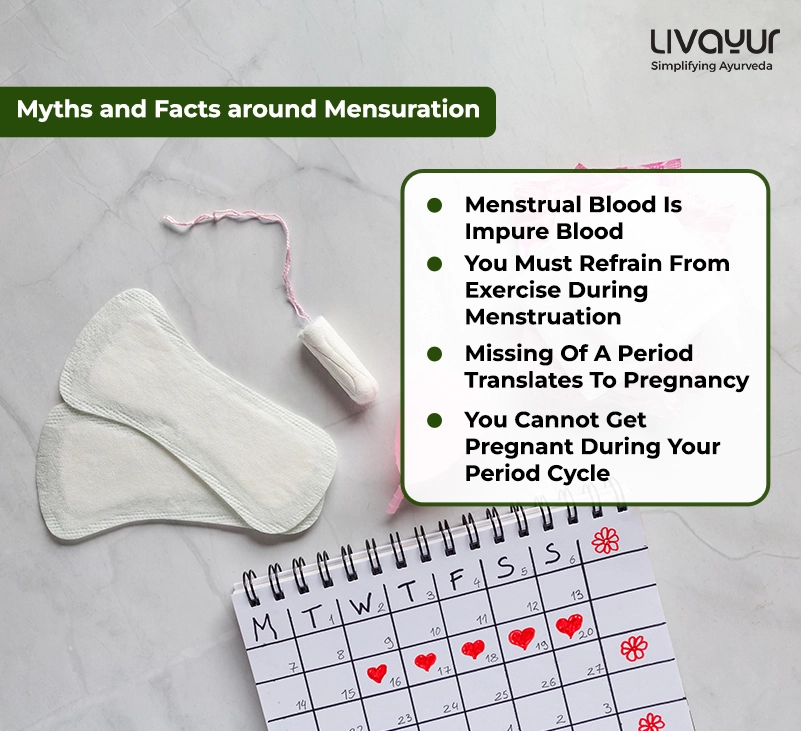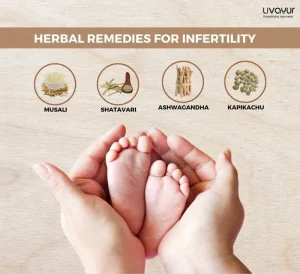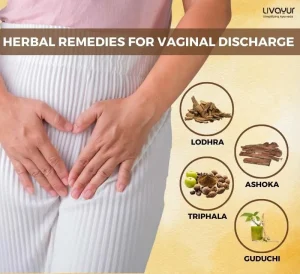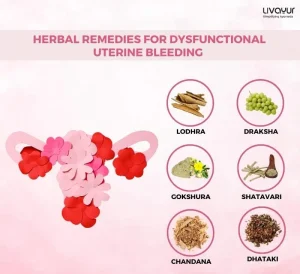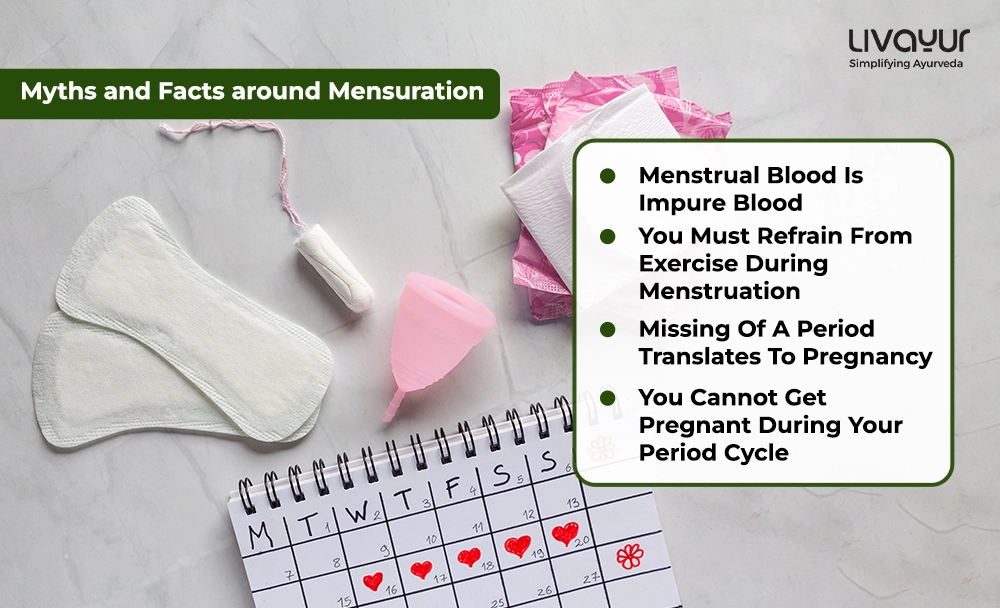
Did you grow up believing that your period blood is impure? Have you ever been given guidelines on eating, exercising, etc., during menstruation? Have you ever been told that your PMS symptoms are not true?
Most likely, your answer is yes. You have either suffered the burden of these beliefs yourself or seen other women going through it.
Well, let us tell you that all these are just myths and not true. Menstruation or menses (also known as periods) is a completely natural biological process. These cultural taboos and misbeliefs are only meant to hold women back. Therefore, it’s high time to put an end to the social stigma linked with menstruation and debunk some of these common myths.
Myth 1: Menstrual Blood Is Impure Blood
Fact: When it comes to menstruation myths and facts, this is the most common myth and fallacy. People need to realise that a woman’s menstruation cycle is an integral part of her reproductive system that eventually prepares her body for a plausible pregnancy. The fact is that menstrual blood is identical to the blood that is circulated throughout the body. The clumping and colour of menstrual blood, too, have scientific causes. Menstrual fluid is partly blood and partly tissue from the uterus. Moreover, the colour may be between light red and dark brown. The alteration in colour from standard red is the result of the blood’s reaction with oxygen. A dark brown or even blackish colour is generally associated with the start or end of your menstrual cycle.
Myth 2: Missing Of A Period Translates To Pregnancy
Fact: A late onset or missed period does not always mean that you are pregnant. Hormonal imbalances, polycystic ovary syndrome, unhealthy diet, being overweight, stress, and illness, too, could be the potential causes of a late or missed period. Pregnancy is best detected through a lab test.
Myth 3: You Must Refrain From Exercise During Menstruation
Fact: This is yet another misconception when it comes to myths and facts about menstruation. There exists no scientific evidence that exercising during your menstruation cycle can be detrimental to your health. In fact, exercise is ideal for a healthy body and mind and can even successfully help in reducing pain associated with menstrual cramps. There are absolutely no risks with regular physical activity, such as brisk walking. Specific yogic asanas may help you in feeling better in the event of menstrual cramps. If you are in doubt as to what exercises are safe, you can always contact a wellness expert. Avoiding a high-intensity workout may be your best bet.
Myth 4: You Cannot Get Pregnant During Your Period Cycle
Fact: While it is quite uncommon to get pregnant during your period cycle, it is still remotely possible. One may get pregnant if her menstrual cycle is shorter. The average length of a period cycle is 28-30 days. If those with a shorter menstrual cycle have sexual intercourse towards the end of the 6-day-long phase, followed by ovulation immediately after, there is a chance that some of the sperm cells may survive, leading to pregnancy.
Another reason could be a false alarm. Some women may experience some bleeding or witness some spotting during ovulation. Ovulation occurs when a woman’s ovary releases an ovum (or egg), making it the most fertile window of the reproductive cycle. If this is confused as a sign of menstruation, the chances of pregnancy could be high.
Myth 5: PMS (Premenstrual Syndrome) Is All In the Mind And Not A Reality
Fact: Symptoms surrounding PMS are for real and occur a week or two prior to the menstruation cycle. (They are specifically related to the ways in which hormonal changes occur during a woman’s period cycle. More than 90% of women have experienced premenstrual syndrome symptoms such as headaches, bloating, and mood changes (such as depression and irritation) to name a few. Other common symptoms of PMS include fatigue and cramps.
These were five of the most common period myths and facts.
FAQs
1. Is PMS just a psychological phenomenon?
Premenstrual Syndrome (PMS) symptoms are real and result from hormonal changes before menstruation. Over 90% of women experience symptoms like headaches, bloating, mood swings, fatigue, and cramps. Recognizing PMS as a physiological reality is crucial to understanding and managing these symptoms effectively.
2. Can you get pregnant during your period?
While uncommon, it is possible to get pregnant during menstruation, especially for those with shorter menstrual cycles. Sperm survival and confusion between ovulation spotting and menstruation contribute to this possibility. While rare, it’s essential to acknowledge the potential risk.
3. Can missing a period indicate pregnancy?
A missed period doesn’t always signal pregnancy. Hormonal imbalances, PCOS, diet, weight, stress, and illness can also lead to delayed or missed periods. Pregnancy should be confirmed through a lab test rather than solely relying on the absence of menstruation.
On a final note
It is important to know the most common menstruation myths and facts in India. Your menstrual cycle can shed more light on your overall health. Some of the last things that it should indicate (and probably never) are whether to exercise or engage in social activities. Regular menses are an indicator that your body is functioning smoothly and normally. Therefore, stop believing the myths that you have heard of and instead rely on scientific evidence.
Disclaimer
This article is curated based on our learning and knowledge gathering. This has no relevance to Ayurveda and is for general information. This is not meant to substitute medical advice. Seek expert consultation in case of any health concerns.




